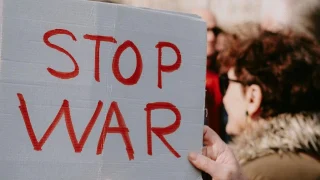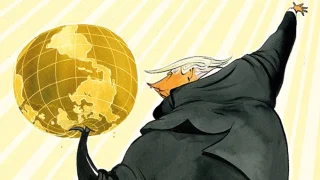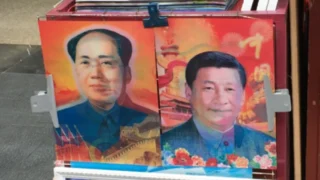
- Following the formation of the European Union, regional economic integration has been sought as path to rapid development by several groups of developing countries. The Pacific Forum has now joined groupings of Caribbean, Latin American and African countries in turning to mutual rather than global trade to put behind it three decades of stagnation in the Pacific. But the European Union was created in unique economic and political circumstances and the experience of developing country regional integration groupings is sobering.
- Analyses of Pacific development widely agree that despite large aid inflows, living standards for most islanders have only improved slightly, if at all, since independence. This paper considers whether or not economic integration could play a role in raising living standards in the Pacific. Two main models for integration are distinguished: ‘top-down integration’, requiring a heavily interventionist program as opposed to more organic ‘bottom-up’ integration development based on island initiatives.
- Australasian, European and North American preferential trading schemes protected the South Pacific from global competition, notably in sugar and clothing. These arrangements failed because they tended to protect inefficient investments, restricted international competitiveness and lost relevance in an internationally liberal trade environment.
- The South Pacific islands also signed several inter-island trading arrangements. But the inter-island trade remains negligible not because of trade barriers but because of the limited and similar export range and the diversified imports of the islands.
- Expectations of economies of scale led to sectoral collaboration in the South Pacific. Successful integration efforts in education, business and fishing are widely agreed to be beneficial for the islands. The South Pacific urgently needs to pay attention to its transport – airlines and shipping – and telecommunication linkages. Tourism especially could be significantly expanded.
- The efforts of a huge number of foreign aid sponsored regional organisations seeking to improve collaboration among the islands lack coordination and are highly inefficient. Duplicative endeavours, notably in the form of meetings, report writing and planning of integration are incredibly wasteful.
- The facts support bottom-up integration initiated by the islands themselves. The experience of countries such as Botswana, Mauritius, Iceland and Norfolk Island are evidence that small economies can be prosperous. Focusing on their international comparative advantages these countries succeeded in exploiting the trend towards the freeing up of global trade and investment.
- Lagging economic growth can only be tackled by economic reforms in each island, such as in Samoa, to increase agricultural production and create private sector jobs. Without rising incomes and greatly improved social conditions, the Pacific is not only in grave danger of further instability but it could become a locus for international crime, and drug and arms trafficking.
Stephan Freitag is a research assistant and PhD student at the Institute for Economic Policy at Leipzig University, Germany. He spent six months researching regional integration in the South Pacific while a research intern at The Centre for Independent Studies after he had graduated in economics from Bremen University, Germany.









